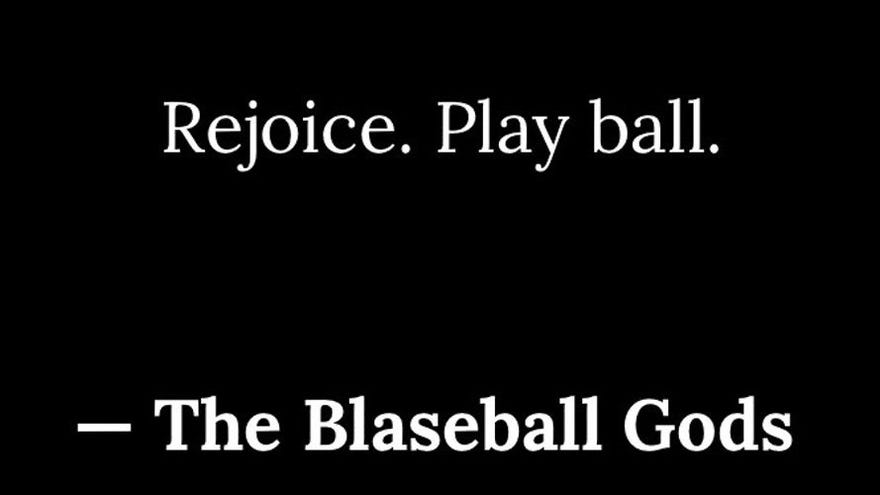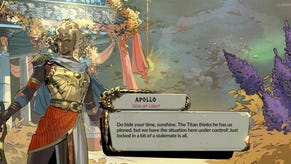Blaseball developer The Game Band has secured funding to keep making the fictional sport
They're going to grow the team and pay everyone better
Blaseball, the fictional fantasy sports game, exploded in popularity last year. Since then, developers The Game Band have continued to run the game, tweaking rules and tailoring its story in response to fans participating by playing but also writing fan fiction and creating fan art.
Now they've announced that they've secured funding to continue developing the game, to grow their team, and to make future projects without fear of going under.
In a post on Medium, founder Sam Rosenthal wrote that the funding came from the Makers Fund, 1Up Ventures and Matthew Ball. No figure is mentioned in the post, though TechCrunch report that it's $3 million in investment.
The post explains that Blaseball isn't yet sustainable, nor as good as they think it can be. They're going to use the new funds to pay everyone "competitive pay and benefits." After that, they're going to grow the company. "We’ve read all of your feedback and have so many ideas of our own. Now we’ll have the resources to be able to start to put some of them into action," writes Rosenthal.
"And finally, the investment enables us to look to the future and plan out new projects without the fear of going under. I’m so proud of this team for creating an incredible game under enormous pressure, but I don’t want to us to face that kind of stress again in the future."
Blaseball became popular last year in the midst of the Covid-19 pandemic, at a time when all actual sporting events had been cancelled, including baseball. It's a game in which players bet peanuts on the outcomes of fantasy baseball matches between fictional teams, but also vote to change the game's rules. People on social media quickly rallied around particular teams, creating fan art, writing fan fiction, and ultimately shaping the story being told via the game itself. (Quinns, RPS in peace, makes an official YouTube series where he recounts the history of the game.)
Since then - speaking anecdotally - it seems as if there's a lot less attention on the game, but fictional sports and community-led storytelling still seem like ripe areas for exploration. I'm glad that The Game Band are going to have time to see where they can take the concept.











